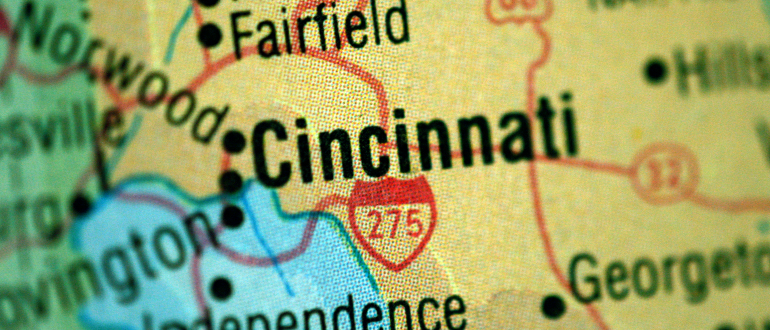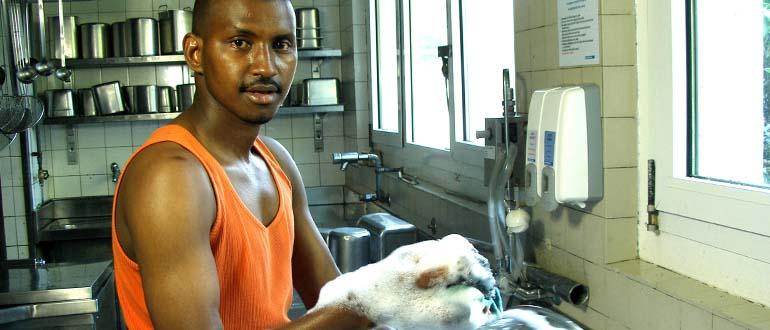Cincinnati’s Neighborhoods: A Destination for Immigrant Newcomers

This summer, news outlets have reported on an influx of Mauritanian refugees to Cincinnati, specifically to the neighborhoods Lockland and Mt. Airy. Recent media attention has focused on asylum seekers from this West African country, but we are in the midst of a broader immigration boom as people from around the world settle in the Cincinnati area.
Over a four-year period, Cincinnati’s total population growth was almost entirely — 98 percent —due to immigrants, according to a 2019 report from New American Economy. The tri-state leads the country’s metro areas in growth fueled by immigration. Just over 107,000 immigrants live in Greater Cincinnati and make up 4.9 percent of residents, according to the same think tank.
As refugees and immigrants come to the area, pushed by social and economic factors in their countries of origin and drawn by the promise of opportunity, they bring their unique cultures to the neighborhoods in which they settle. According to a local report from earlier this year, “In metro Cincinnati, international communities have been growing – migrants from…Mali and Burkina Faso in Westwood; Guatemalans in East Price Hill and Covington; Bhutanese and Congolese in Mt. Airy and Boone County; Ethiopian and Somali in Florence; Burundi in North Fairmount.” Their destinations include some of the area’s most affordable neighborhoods, places where rent is more likely to be within reach to someone finding their footing and seeking stability.
Community-based organizations work to meet the needs of the newest Cincinnatians. Valley Interfaith Community Resource Center in Lockland is reportedly meeting the clothing and food needs of many Mauritanians as they await hearings on their asylum claims. A bike repair class in the same neighborhood helps connect them with transportation, as most of the newcomers lack a driver’s license or access to vehicles. Cincinnati Compass is a hub for resources as well. The efforts of Community Health Workers, such as those at Ebenezer Healthcare Access, are also essential.






